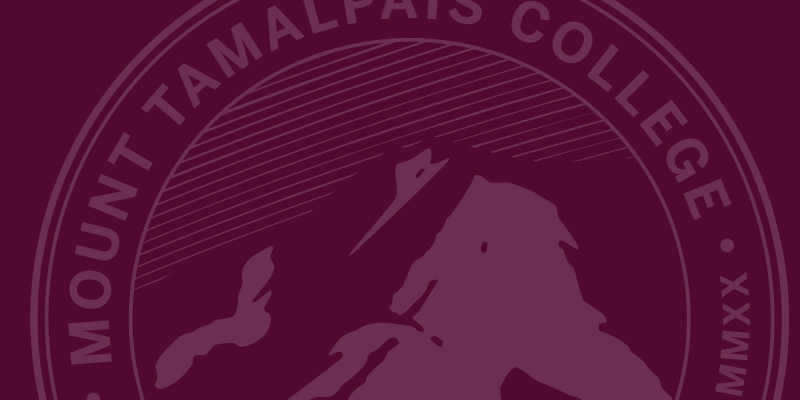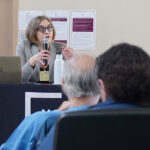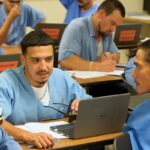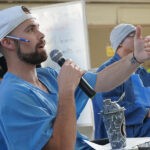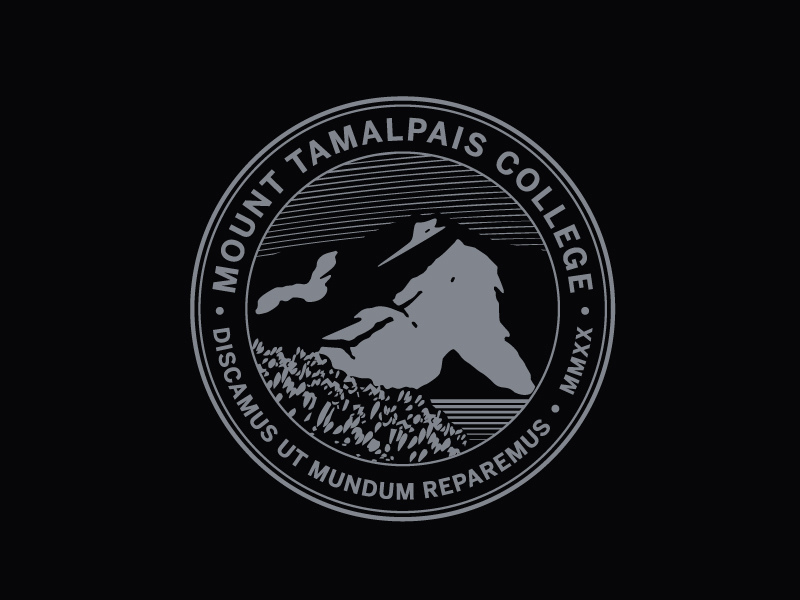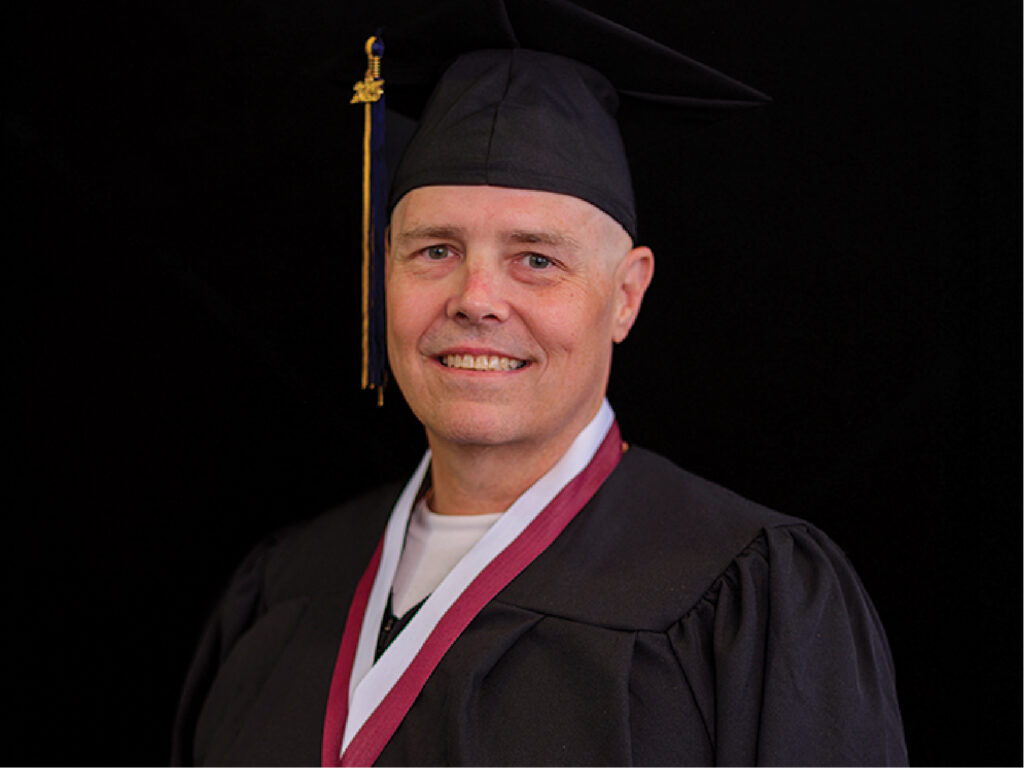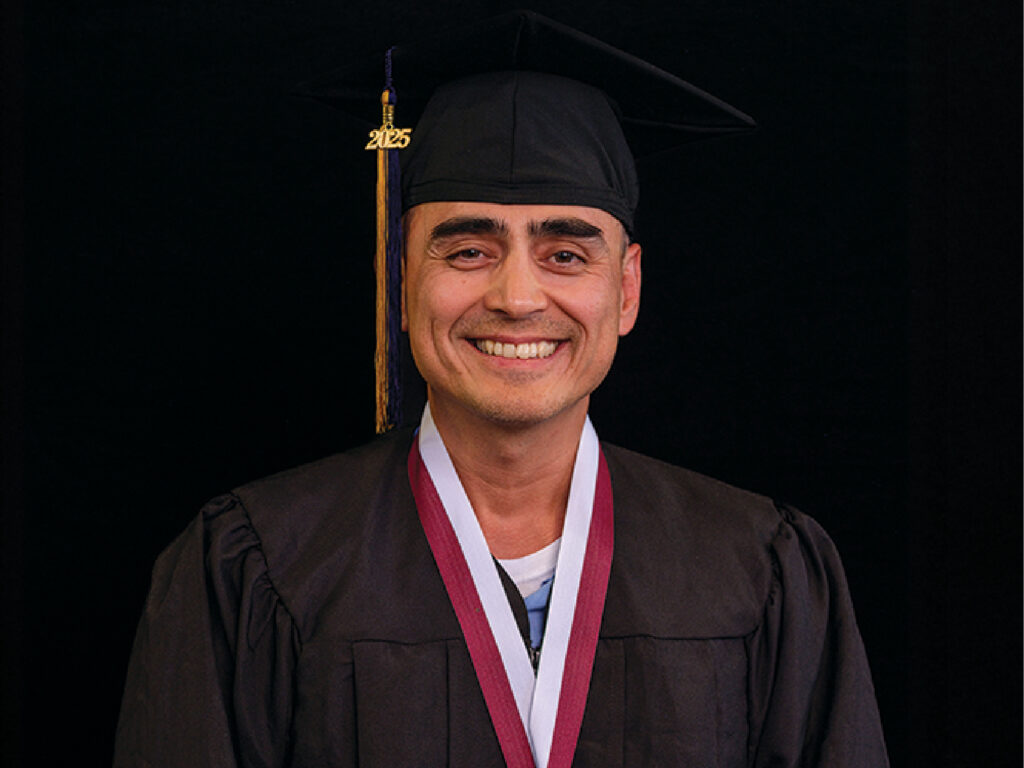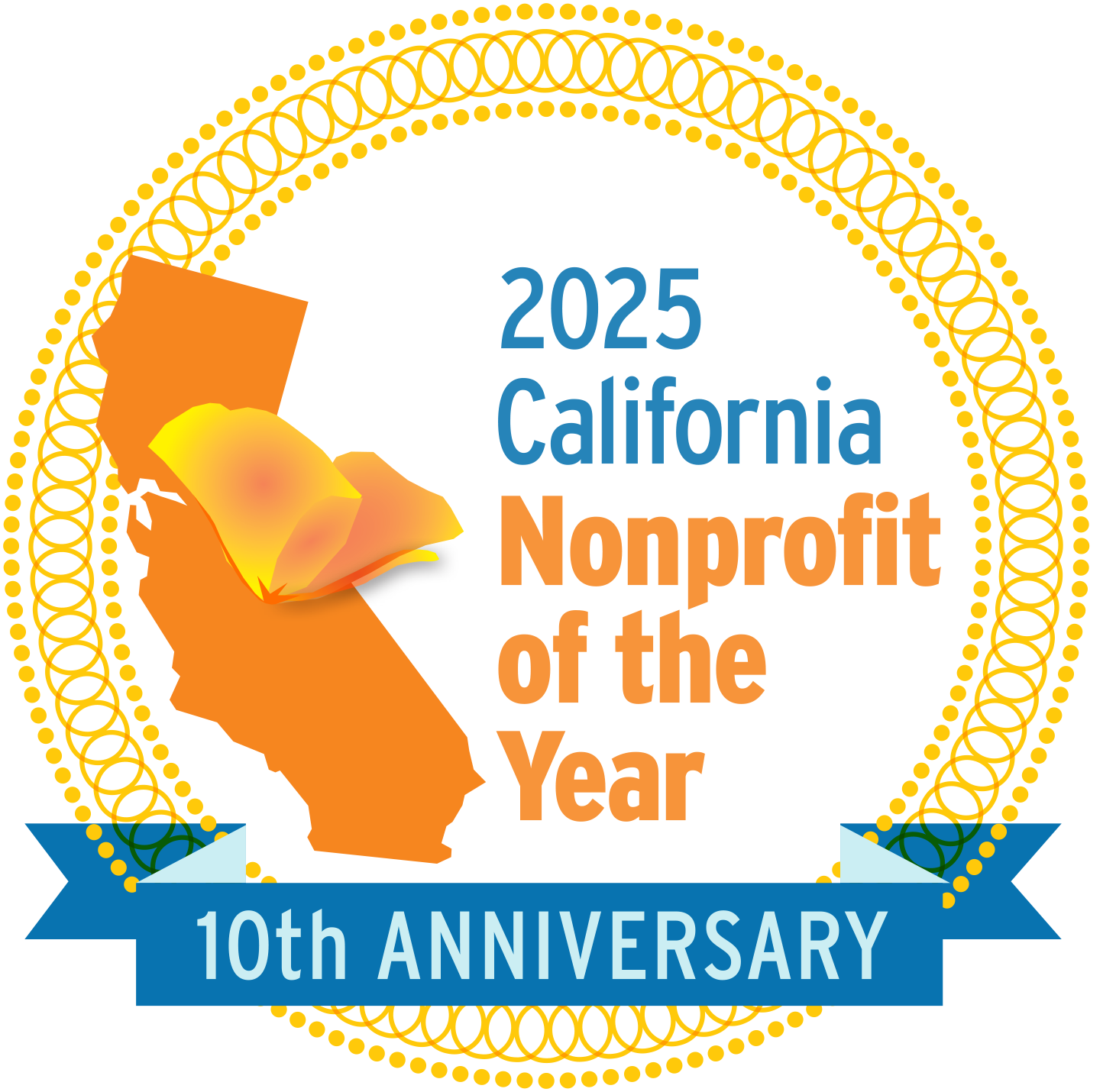Dear friends,
I’m writing to share some updates regarding the current COVID-19 crisis as it pertains to our community at San Quentin and beyond.
As many of you know, last week we made the painful decision to suspend all programming at San Quentin, in order to eliminate our risk of carrying the virus into the prison. Conducting classes online is not an option, as there is no internet access within the prison. Continuing by correspondence would pose insurmountable logistical challenges, as well as sacrifices to quality inconsistent with our core commitments to students. For now, we are focused on basic issues of health and safety, and hope to address questions related to course and degree completion as soon as we’re able.
For the time being, staff are working from home, focusing on the various tasks and larger picture/bigger project work that can still be accomplished remotely. Thanks to technology, we should all continue to be reachable in all the usual ways.
Until a few days ago, we were planning to have a single staff member go into the prison each day, but like everyone else, our sense of what is appropriate or feasible is rapidly evolving. At this moment, we are taking things one day at a time. We are hoping at the very least to ensure that students are receiving accurate information about the crisis, and also know that we remain deeply committed to their wellbeing. Ideally, it will also become possible to ensure that students have plenty of reading materials to occupy them for the duration. Our options in this regard will depend very much on how overwhelmed prison staff are, and their ability to assist.
As those of you who have firsthand experience in this field are aware, it is extraordinarily distressing for faculty and staff to lose all access to students, particularly in the midst of such an extreme medical crisis, with no way to communicate, much less support them. Students rely on school for a sense of connection, community, purpose, and routine, and we are concerned about how a prolonged disruption, combined with so much fear, isolation, and uncertainty, will impact individuals, as well as the whole social climate, not just at San Quentin but throughout the system as a whole.
If you would like to send a few words of support to students, please email us at info@staging.prisonuniversityproject.flywheelsites.com, with the subject heading, “Message to Students.” We will do our very best to share these messages inside, as soon as we are able.
At this time, as the crisis continues to escalate, we are now focusing our attention on how we can best work with all available partners to deploy our knowledge, networks and resources to keep everyone who is living and working inside the prison system as safe and healthy as possible.
Above all, we are concerned about the humanitarian disaster that may occur when a COVID-19 outbreak starts inside. As of this writing, there are no confirmed cases of COVID-19 inside the California prison system. However, once this does happen, it will be extraordinarily difficult to contain. The Department does not have enough health care workers to treat, or space to quarantine, all those who would likely be affected. It is also not clear what will happen if, in the event of an outbreak, large numbers of prison staff, out of fear, or because they have been directly impacted, stop reporting to work.
For this reason, an increasing number of individuals and organizations are now seeking ways to release and/or divert from the entire system those people who are most medically vulnerable. Community groups working inside and outside of the system, as well as leadership from the California Department of Corrections and Rehabilitation, the Office of the Receiver that oversees medical care for CDCR, and within the Governor’s Office, are all working hard to develop strategies that could be implemented quickly. Witnessing the sense of urgency, personal responsibility, and willingness to collaborate among these diverse groups is reminding me of the importance of distinguishing between the individuals who work within a system and the system itself. Above all, no single individual or entity has the power to avert or mitigate such a crisis alone.
Some resources related to these efforts are at the end of this letter. If successful, hundreds if not thousands of medically vulnerable people will be returning home in the midst of a pandemic, and they will all need housing, financial support, and other supportive services. A vast amount of rapid, advance planning is going to be essential. Supporting organizations that provide reentry services (such as Bonafide, Root & Rebound, and the Anti-Recidivism Coalition) will thus be especially critical during this time.
As throughout the world, many of the prison-related issues that this pandemic is raising are not unique to this specific event; rather, the crisis is bringing long-standing problems into relief. I hope this moment will ultimately launch a much larger public conversation about the vast number of elderly and medically fragile people incarcerated in the U.S; the widespread lack of adequate medical services, and emergency preparedness; the extreme unsanitary conditions (including the scarcity of sinks with water and soap); the poor nutrition; toxic levels of stress; sleep deprivation; exposure to violence; lack of exercise; poor air quality/ventilation; and overcrowded living conditions—precisely those factors that compromise immune-health and make it impossible to protect people from infectious disease.
I hope we finally ask ourselves what it means that we continue to sequester hundreds of thousands of people—often for decades—in squalid, degrading conditions where staying home, washing one’s hands, and social distancing are painfully unattainable goals.
Our work at the Prison University Project is of course only a small piece of this puzzle. Nevertheless, we hope that through all of our work we may somehow leverage this disaster, in order to bring about some large-scale positive change.
With deep gratitude for your support,
Jody Lewen
Executive Director
Letter to Governor Newsom from CA organizations
Interview with Homer Venters in The New Yorker
Opinion piece in The New York Times by Emily Bazelon
Article in the Chicago Sun Times
The Justice Collaborative’s “COVID Response and Resources”
Prison Policy Initiative’s “Responses to the COVID-19 pandemic”
National Institute of Corrections Coronavirus Information
Please note that the Prison University Project became Mount Tamalpais College in September 2020.
